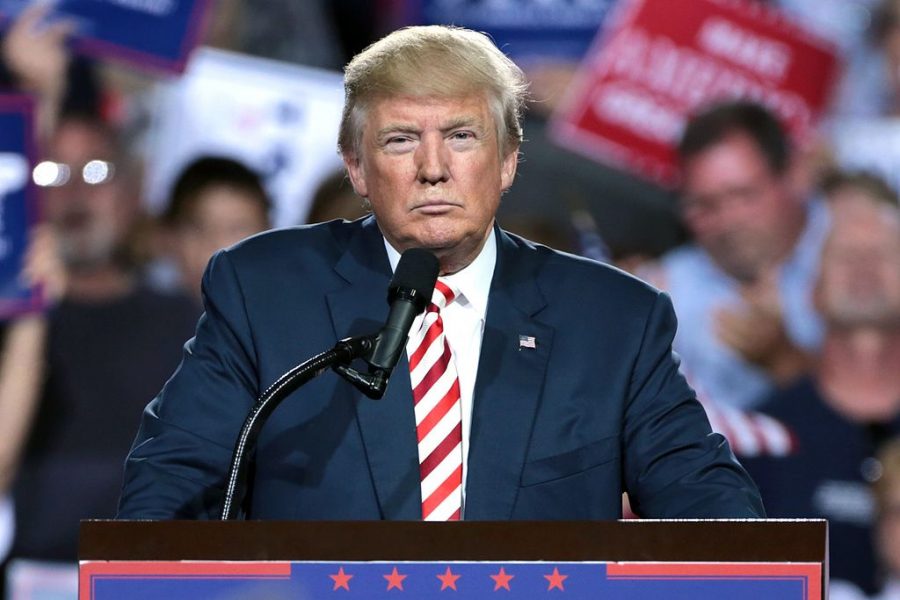In a new piece for the Claremont Review of Books, I argue that Israel’s Temple Mount policy from its reclamation in 1967 to today — intended to appease Arab aggressors — is a microcosm of what ails the West. In fact, it reflects the perfect symbol of our civilization’s lack of confidence in its moral legitimacy, sovereignty, and the right to defend against aggression.
Here’s a taste:
Israel does not err alone. The Temple Mount, which is core to the Judeo-Christian world generally, and to Israel—which is the first line of defense of Western civilization against Islamic supremacism—is symbolic of the West’s broader ideological maladies. Leftism sees the West as an evil, oppressive, occupying force. The hysterical reaction to President Trump’s Poland speech in defense of Western civilization—which was read by the Left with scare quotes as a defense of racism and colonialism—is the product of such “progressive” brainwashing.
The West has deemed itself morally illegitimate, the decadent and depraved creation of dead European white males. To make up for real and imagined historic injustices, the West has frequently repudiated its fundamental principles, and actively undermined its institutions. Its crisis of moral legitimacy is revealed in virulently anti-religious secularism, and in attacks on the natural rights to life, liberty, and property by an administrative state operating without the consent of the people.
The West’s lack of confidence in its sovereignty is revealed in open-borders policies that result in endless migrant floods, regardless of whether the migrants will or can enhance economic or social development. Progressive activists go so far as to imply that every migrant—legal or not—has an inherent right to citizenship, or at least to the rights guaranteed by citizenship. The multicultural credo that holds all cultures to be equal and inherently valuable is thought to obviate the need for borders.
The West’s unwillingness to defend itself against Islamic aggression reveals itself in Europe’s “no-go zones.” In America, it reveals itself through our see-no-Islam national security and foreign policy, and in the pervasive belief that we must appease our enemies with bribery (Iran Deal), sacrifice our rights (anti-free speech measures so as not to offend), or remove our defenses through politically correct policies chiefly oriented towards concession rather than victory (“Countering Violent Extremism”). At the heart of these policies is a belief that the West is the aggressor, and our enemies are the aggrieved.
The West’s lack of confidence ultimately extends to its right to survive. If one of the least abashed Western nations won’t assert itself at Temple Mount, it is hard to be sure where other nations will draw lines they are prepared to defend without yielding.
Read the whole thing here.





